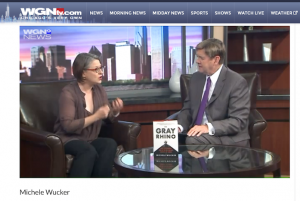Immigration Reform & Climate Change: Two Hot-Button Issues Intersect cross posted at www.publicagenda.org and the World Policy Blog
In the days following the earthquake that destroyed Port-au-Prince and killed over 200,000 people, the United States granted temporary protected status (TPS) to those undocumented immigrants from Haiti who were living in the United States prior to the date of the quake. It was the right thing to do after such an “act of God.” Yet, it stood in stark contrast to the failure of the United States to use its migration policy to help Haitians in 2008, when the island was struck by a series of natural disasters that were arguably man-made—a series of storms made increasingly more frequent and violent by rising sea levels and temperatures caused by greenhouse gas emissions.
Posted March 19, 2010. For the full article visit the links above.
